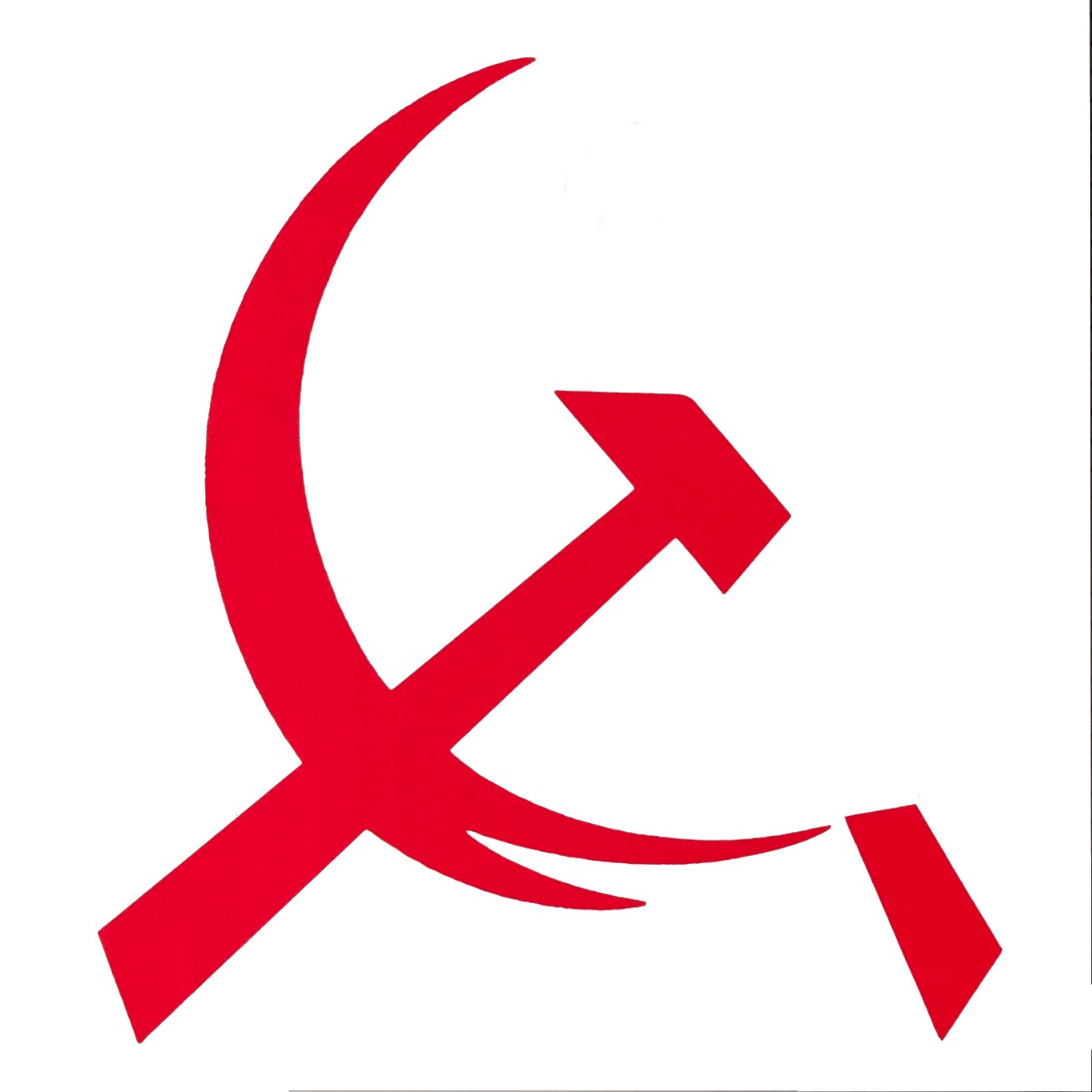Yesterday, newly installed French Prime Minister Gabriel Attal made his first public statement on mass farmers’ protests shaking the country. Speaking in the Haute Garonne department around Toulouse, he offered minor concessions in a cynical attempt to shut down the protests, without satisfying farmers’ demands, before they trigger mass strikes by workers.
As Attal spoke, protesting farmers were blockading roads across most of France. At least 72,000 farmers were protesting in 85 of France’s 101 departments, the National Federation of Unions of Agricultural Owners (FNSEA) stated. Last night, there were 60 blockades of major roads, mainly in France’s economic or agricultural centers: the southwest, where protests began, the Mediterranean coast, the southeastern Rhône valley linking Lyon and Marseille, Brittany in the west, the northern area around Lille, and the Paris area.
Image link https://www.wsws.org/asset/2df77d7f-8066-4421-9a03-76af7db8ba50?rendition=image1280 Farmers block a highway leading to Paris, Friday, Jan. 26, 2024 in Saclay, south of Paris. Snowballing protests by French farmers crept closer to Paris with tractors driving in convoys and blocking roads in many regions of the country to ratchet up pressure for government measures to protect the influential agricultural sector from foreign competition, red tape, rising costs and poverty-levels of pay for the worst-off producers. [AP Photo/Christophe Ena]
In the southeast, protesting farmers burned a rural savings bank in Narbonne, a customs office in Nîmes, and highway toll booths near Montpellier.
Farmers organized at least five major blockades of highways in the Paris area and maintained their threat yesterday to take their tractors into the capital to blockade the government. “All we have to do is to cross this barrier to arrive to the gates of Paris,” said FNSEA official Alexandre Plateau at a highway blockade at Saint Arnoult, outside Paris. He added, “It is a possibility for us even this evening, all of our members and other farmers are ready to do it.”
The protests are overwhelmingly popular. Over 85 percent of the French population support the farmers, and France’s fascistic Interior Minister Gérald Darmanin has promised, for the time being, not to unleash riot police against them. Moreover, it is more or less apparent that FNSEA officials have lost control of the protests on the ground, as reports emerge that farmers started major highway blockades across southern France without its approval.
Attal’s speech was part of an attempt by the government to divide and disorient the farmers and create better conditions for the FNSEA and other federations, like the Rural Coordination or the Peasants Confederation, to wind down the movement. The strategy was spelled out bluntly in a column published Wednesday night by editorialist Cécile Cornudet on the web site of France’s main business daily, Les Echos.
Cornudet’s comment, titled “Attal Government: The Unions are Our Friends!,” began by admitting that the French government and the peasant confederations have lost control of the situation. “Anger is spreading,” she wrote, recalling the mass “yellow vest” protests against social inequality in 2018-2019. “Nothing is worse than a movement with a thousand slogans … without anyone we can speak to, to negotiate with and to channel the movement. It is like the time of the ‘yellow vest’ movement.”
The ruling class and the government, she argued, should use the farmers’ federations the same way they use France’s corrupt trade union bureaucracies: to channel and strangle the rank-and-file.
She wrote, “Since the anger erupted among the rank-and-file, the FNSEA therefore had to take the lead and act quickly to try to restore its credibility. It took two days to extend what it was doing, then it presented 40 well-organized demands Wednesday, there will be an arbitrage meeting with the government on Thursday, and then the announcements of Gabriel Attal on Friday. It’s a well-oiled machine, well-orchestrated.”
As there are reports that truck drivers, fishermen and taxi drivers are joining farmers protests, Cornudet argued for making concessions, to wind down the movement and keep it from spreading to broader layers of working people. She wrote, “We must reply quickly now, because letting anger prosper is the best way to let it spread, maybe like wildfire.”
In line with this counter-revolutionary script, Attal appeared Friday afternoon at a farm whose owner, TF1 reported, had been vetted by his public relations team and the Interior Ministry. Jérôme Bayle, who reportedly participated in some initial highway blockades around Toulouse and over the last 24 hours has suddenly been widely promoted in capitalist media as the “gutsy rancher who speaks for the movement” (according to Libération), was also conveniently on hand.
Attal began with a few nationalist platitudes, declaring that he was bringing “Two slogans. First, protect our heritage and our identity” and also to “Buy French,” as “farmers are France.” He also warned against violence and thanked the farmers confederations. He then listed the measures his government is adopting to ask farmers to end the movement.
Attal proposed to suspend a planned tax hike on diesel fuel used for agricultural equipment, increase emergency funds for agriculture in Brittany, and to sanction agribusiness or supermarket chains that violate the Egalim law on how food sales revenues are to be shared. He also pledged to limit ecological restrictions on farmers’ construction projects and opposed a trade deal between the European Union (EU) and Mercosur, the South American free trade zone. This would aim to prevent South American farmers’ products from reaching EU markets.
These measures would harm Mercosur farmers and are totally inadequate as a response to the economic crisis facing farmers in France and across Europe. It does not address the collapse in the real value of EU farm subsidies due to inflation. Nor does it provide the massive financial assistance needed to help farmers meet targets, dictated by the EU’s “Farm-to-Fork” program, for reduced use of energy, nitrate-based fertilizer, and other products the EU is trying to limit with its anti-climate change strategy.
TF1 reported that the Attal government itself did not expect its proposals would satisfy the farmers, and that protests would continue for a few days. Nevertheless, the hand-picked crowd around Attal duly applauded, and Bayle gave press interviews declaring that the movement is over, before going to have a drink with Attal.
“Now some people are sending me messages saying you can’t stop, you have to think of this guy, this guy, or that guy. But we’ve been here for nine days,” he said. Speaking of Attal’s government, he added: “They kept their word, we’re keeping our word.” Indeed, it seems Attal agreed to this cynical charade based on a promise from Bayle that he would work with the government to wind down the protests.
Most of the protesting farmers reject Attal’s attempt to strangle the protest, however. Many social media posts showed assemblies of farmers gathering to watch Attal’s remarks and booing him as they ended.
The FNSEA, which is desperate to establish control over the protests and shut them down, therefore felt compelled to continue posturing as supporters of the movement.
FNSEA President Arnaud Rousseau went on TF1’s prime time 8 p.m. news show to say it would continue supporting the protests despite Attal’s speech. “It’s a bit too thin, with his announcements he managed to take care of one highway blockade,” Rousseau said, adding: “What was said today does not calm the anger, we are going to have to go further.” Rousseau appealed to Attal to meet with him this morning to “keep working on the demands that are advanced by the FNSEA and the Young Farmers [association].”
Farmers and workers who are supporting their protests must reject Attal’s offer. There is nothing to negotiate with the Attal-Macron government, which must be brought down by the working class. The critical question now posed to farmers and to workers is to break the diktat of the various bureaucracies that work to tie them to a bankrupt perspective of negotiating with Macron and thus to strangle mass movements against the capitalist state and the EU.
As farmers’ protests erupt across Europe, and as powerful strike of the economically vital German rail network begins, the critical question is developing a common, international struggle against the EU and the reactionary capitalist governments of its member states. Rank-and-file committees of action must be built to bring together farmers and workers entering into struggle in France and across Europe. The essential perspective guiding such a mobilization is a revolutionary struggle for workers power and to build the United Socialist States of Europe.


